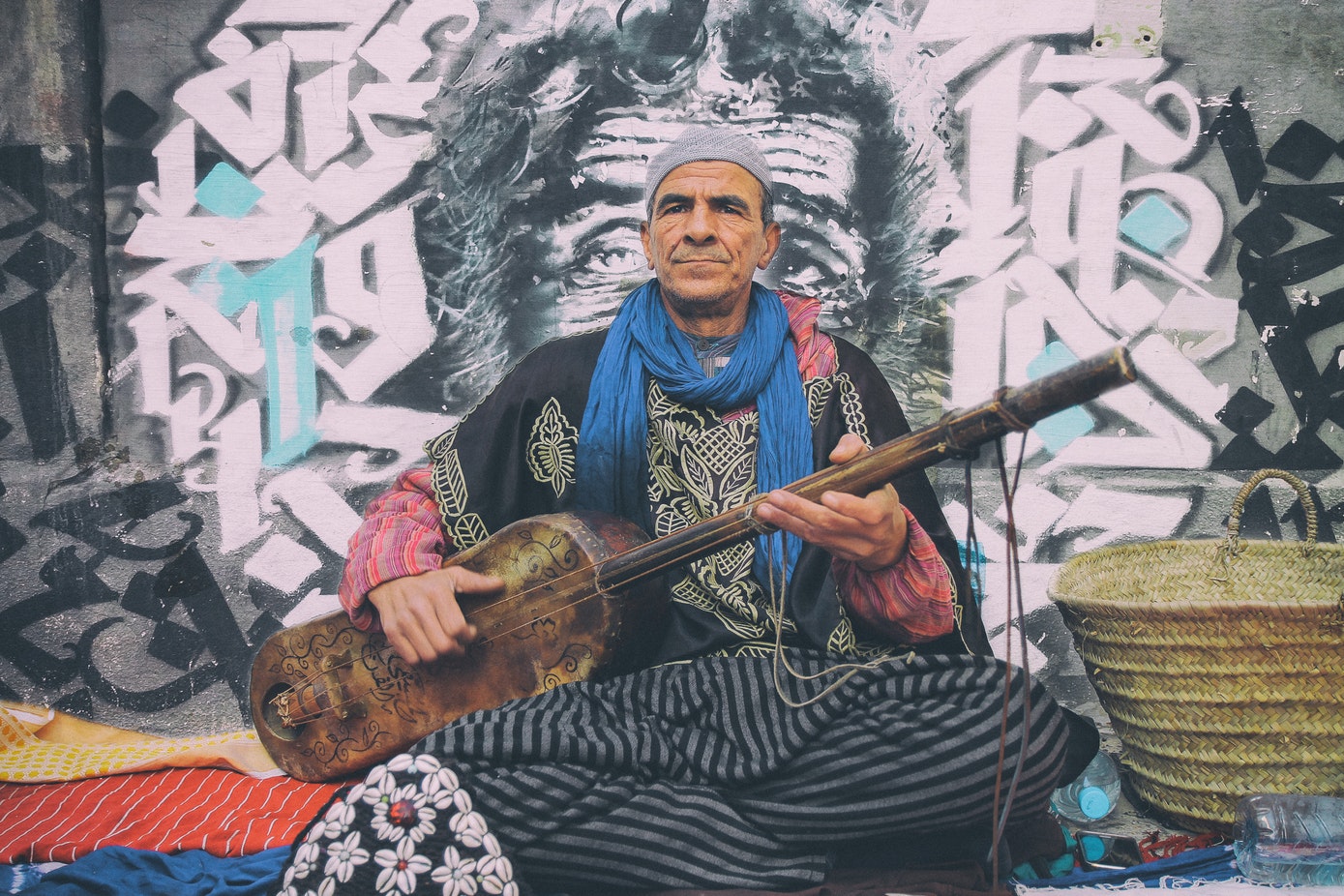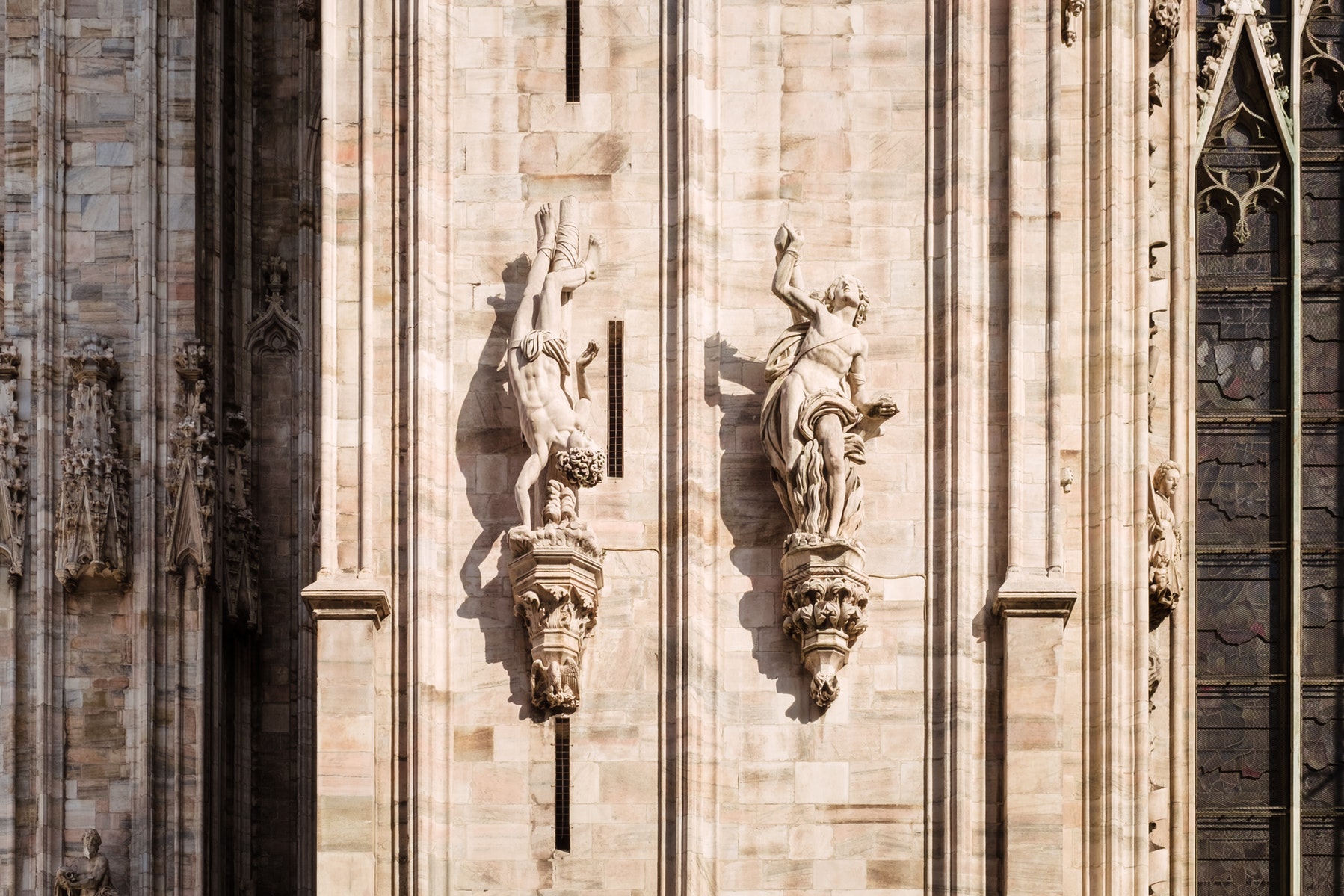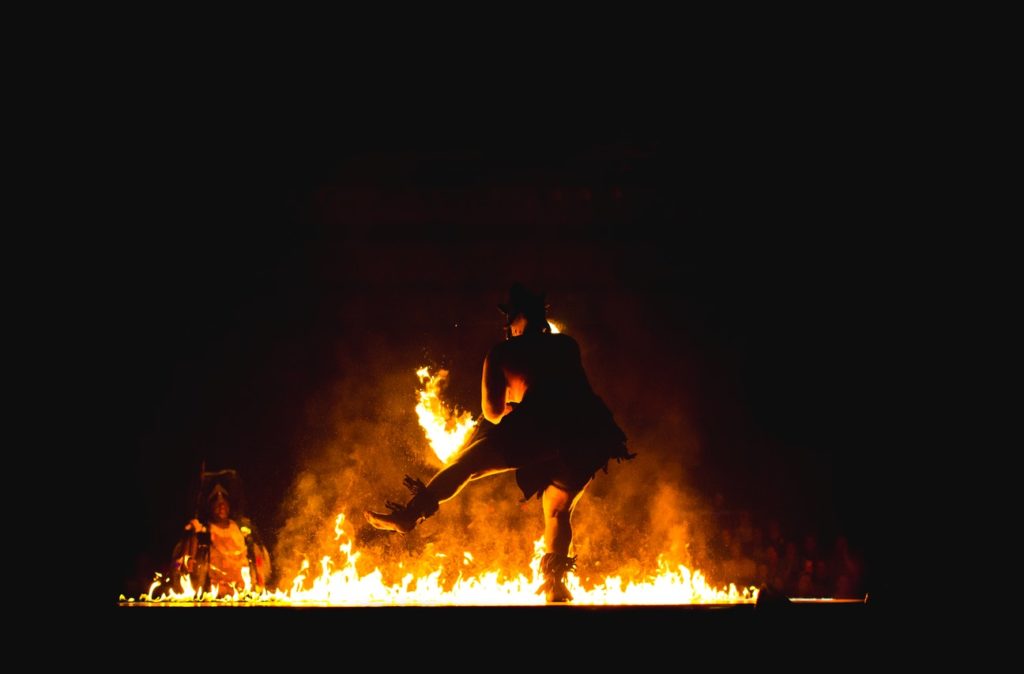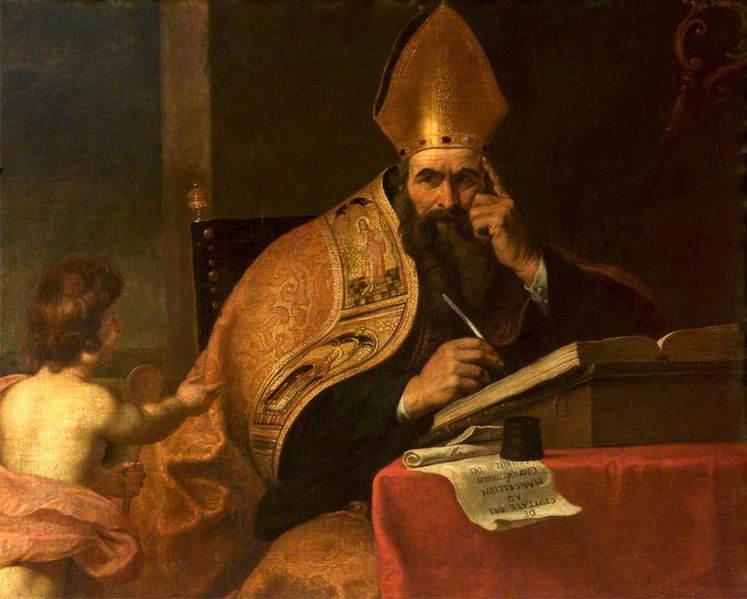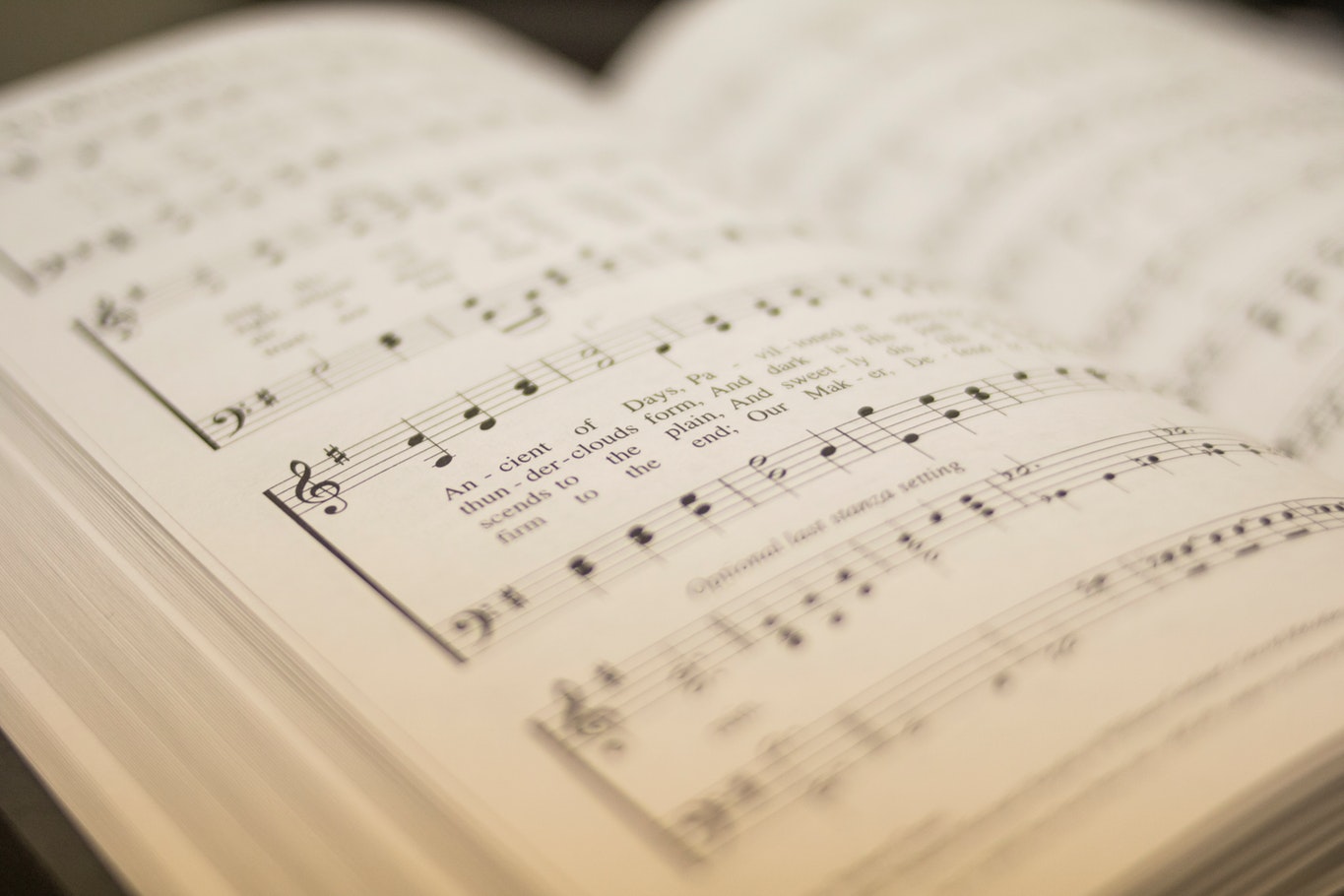
Why Catholics Can't Sing by Thomas Day
The Culture of Catholicism and the Triumph of Bad Taste
Have you realized how bad the US hymn selection is when you attend Church?
Then I would suggest "Why Catholics Can't Sing," written by Thomas Day. He is a professional Catholic organist who lived through the Vatican II era and also taught sacred music at university.
Italian, Spanish, and Mexican parishes have long had boisterous vernacular hymns, but these "ethnic" Catholic cultures were never really mainstream. Yet, we have long been left with the standard Catholicism, which in its roots was Irish American Catholicism, which hated high church innovation and had a very weak, very new repertoire.
The Irish Americans also were proud of their silent and somber heritage, though. For this reason, high masses were avoided in favor of music-less low masses.
And even though Irish Catholics in America were suddenly in a land where they were free to sing, and sing, and loudly, what would they sing?
There was no culture of hymns from their motherland, because you can hardly sing congregational hymns while under persecution. Were they supposed to adopt Anglican hymns, now that they were in the New World? How could they, after having to bear the humiliation of walking past proud and vibrant Anglican churches singing hymns loudly while attending secret masses in barns. Instead, you got a collection of hymns that mimicked the style of music popular among Irish American urbanites- and a small repertoire at that.
In.. the '40s? '50s? A liturgical revival started, which enthusiastic lliturgists started assembling little boys choirs and scholas. They started trying to reintroduce chant and polyphony into masses.
This was cut short in the '60s by Vatican 2.
People have asked me why I don't always sing along. And I give the standard answer, the one where you just say it to move on. "I'm a bad singer." Actually I love to sing, but I just don't like the songs that we have to choose from. They sound like hack music. And some are just plain bad.
How do you tell the bad from the good? Look through your hymnal for things copyright before 1960s for examples.
When you find one notice that the hymns all end with doxologies- a verse of praise to the Trinity.
This is a feature of hymns that should be reinstated to our current use of them, because it reminds us of the purpose of our singing which can so easily be forgotten with some modern music.
